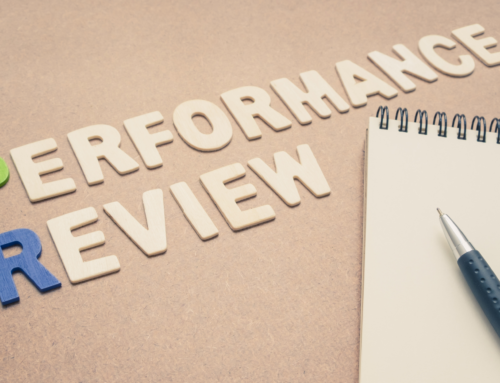Look, not everyone is born a great leader.
There are some exceptional, natural-born-leaders, but the truth is, there are more than a few that need coaching. So, if you’re not sure you’re built for a leadership role, think again. It’s not, not possible¬¬. In fact, it’s just as possible as slipping a double negative successfully into a sentence.
Oh, and just quietly, I’ve seen some seemingly hopeless cases that with some guidance, and by channelling the right qualities in themselves and their teams, have stepped up and become really great leaders.
First, let’s look at some natural-born qualities that will help hone your leadership skills, and again, if these aren’t natural qualities, we can work on developing them.
Qualities of great leaders.
1. Empathy
Essential for leadership. Whether you were born empathetic or you have to dig it out, at the end of the day, if you don’t have it you won’t successfully lead teams. Empathy is required to connect with people––free from judgement or personal agenda. Not only are leaders required to connect with their teams, but they ideally are able to facilitate teams to connect and communicate amongst each other.
“When you show deep empathy toward others, their defensive energy goes down, and positive energy replaces it. That’s when you can get more creative in solving problems.”
––Stephen Covey
2. Curiosity
The difference between knowing and learning. And, mic drop, leadership is all about learning. Because leadership is all about people, and people are complex, and fluid and if you’re in a role that requires you lead human people your internal software requires constant updating.
Successful leaders can’t be one-eyed. You must be always learning. Curiosity encourages consideration, creativity and keeps judgment at bay. (And judgment is the enemy of productivity). Think you’re not curious? Probably you just haven’t tried. You can develop curiosity, simply by wanting to learn and nurturing that muscle.
3. Recognition
A good leader needs to be able to recognise strengths, weaknesses, skills and ills in others and in themselves. But not only recognise them, leaders need to learn how to address them. Developing recognition is about remaining woke and aware of your team, it teams up beautifully with empathy and curiosity.
Now you have some leadership qualities familiarised, it’s also good to chuck some great emotional equipment in your toolbox and truly master your leadership role. Here’s a few to start you off…
Tools for great leadership.
1. Open-ended questions
Yes or No is not where you want you team’s communication to start and end. You need them to be involved in decisions, to be active in strategies. Or else they won’t engage. You also need intel from them. It just adds to your empathy and curiosity stores. The other thing you want as a leader is to help your team flex their problem-solving skills. Open ended questions are great foreplay for that.
So, instead of asking questions like,
“Have you finished that report?”
Try something like,
“Tell me some of the roadblocks you’ve discovered or overcome while you’ve been tackling that report?”
2. Partnership skills
Start to think of your leadership role less as a director and more of a partner to each of your team. This is one of the great differences between “managing”, and “leading”. Your team are working with you, not for you. Get your partnerships solid. Support, communicate, engage, acknowledge. With the same effort you would a personal partnership. When you can do this well, you will have a successful team.
3. Crafting a vision
An essential skill as a leader is in crafting and communicating your vision. Get this right and you can part seas. Got a strategy for parting seas? Get your team up to speed with you. Inspire them, nurture them, make your vision, their vision. And it will come to life.
Read more about leadership vision in another one of my blog posts here.
Lastly, but not leastly. In fact, mostly…
4. Communication
Every leader needs to learn to communicate. And do it well! Bottom line.
This is both a quality and a tool. And, thankfully, for all budding leaders, this is something you can get better at. By cracking into all of the above and being aware of your communication problems strengths and weaknesses––and working on them––you will absolutely master leadership.
Continue Reading
Get a personal consultation.
Call us today at 1300 959 560.
Here in HR Gurus. We make HR simple because it should be.





